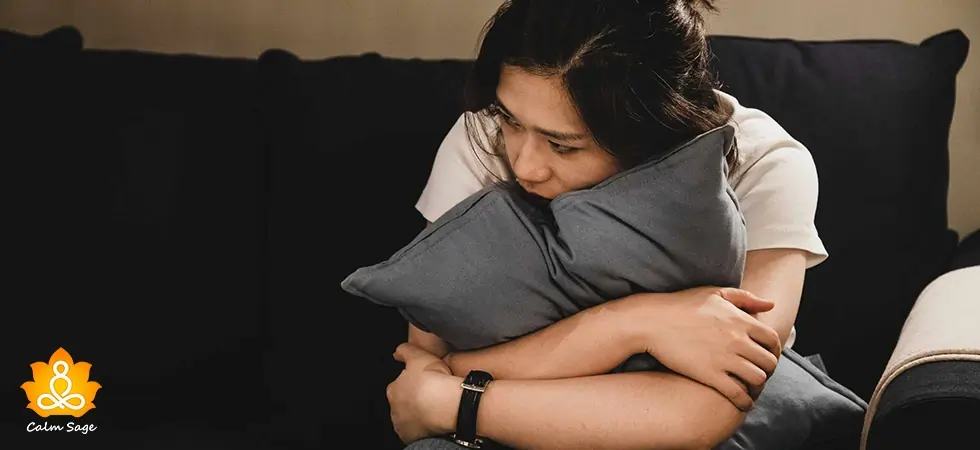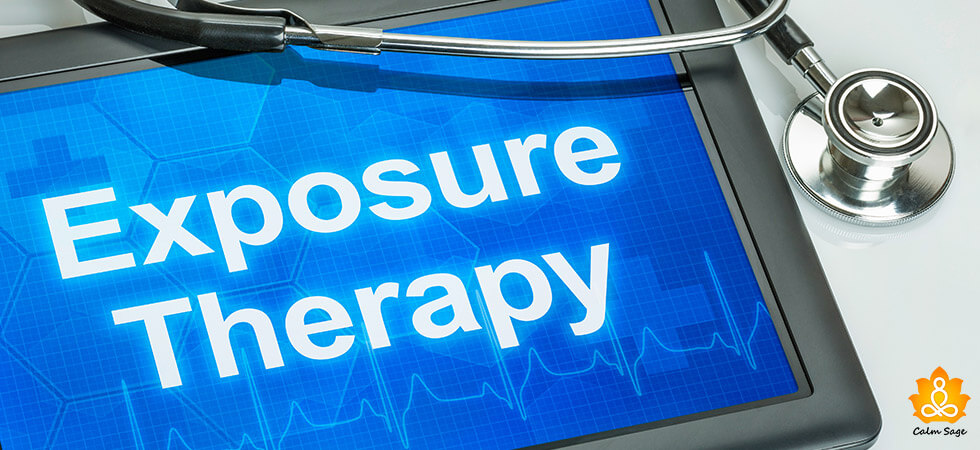What Is Attachment Trauma? Signs, Impact, And How To Heal

Relationships are formed the moment we are born into the world, and the very first relationships we form are with our parents or primary caregivers. What we experience in that relationship stays with us well into our adulthood and beyond. You might have believed that if there’s something wrong with your relationship, then it is because of your early relationships.
Let me tell you one thing; it can be closer to the truth than you might think.
According to science, relationship issues and challenges we face can be because of something known as attachment trauma, a consistent lack of emotional safety in the early relationships of our life aka family relationships and attachment.
How we, as children, interact with the adults in our lives can shape our experiences. Family relationships are one of the most important relationships of our lives, so all interactions from that point forward play a huge role in impacting our future relationships with others as well as ourselves.
The impact can be on our mental or emotional health, relationships, sense of self, and other aspects of our life. Let’s take a deeper look at how attachment trauma affects our lives.
What Is Attachment Trauma?
As a child, we have needs and we look up to the adults in our life to meet those needs. But, when those needs are left unmet, we could feel alone in our emotional safety. That’s how attachment trauma is born. It occurs when a parent is a constant source of distress instead of comfort to us.
Attachment trauma can also be a type of relational trauma and can also be associated with complex trauma that can occur because of emotional abuse in relationships or childhood neglect.
Attachment trauma can also manifest physically; like triggering your stress response or fight, flight, or freeze response. However, it can also show up in subtle ways over time. If you’ve struggled with or are struggling with attachment wounds, then you might also experience a disoriented disorganized attachment style in relationships.
But, why do we experience attachment trauma? What can be the causes?
Causes Of Attachment Trauma
We are ever-growing and learning something new every day – even how to connect with others. It’s not that you feel physically unsafe but it’s about how you can feel covertly unsafe in other ways.
Some common visible causes of attachment trauma in adulthood can include;
- Parents’ divorce
- Loss of a parent or a sibling
- Postpartum anxiety or depression
- Neglecting basic needs
- Abuse – physical, emotional, sexual, or mental
- Parent(s) with a life-threatening illness
- Parent(s) with a substance use disorder
- Domestic violence
Common subtle causes of attachment trauma can include;
- Parent(s) being emotionally or physically absent
- Parent(s) with mental health disorders such as PTSD or depression
- Inherited trauma that has been unknowingly passed down
- Parent(s) having poor boundaries
- Parent(s) being manipulative or psychologically abusive
- Parent(s) invalidating the child’s experience
- Parent(s) being overly controlling
Signs Of Attachment Trauma In Adults
Attachment wounds inflicted in childhood can affect adult relationships too. It can cause you to avoid commitment for fear of being rejected or having a fear of intimacy. It could also be a fear of being involved in a codependent relationship.
Other signs that you might be struggling with attachment trauma can include;
- A tendency to feel shame and guilt over nothing
- Being hypersensitive to stress
- Being hyper-alert
- Enmeshment
- Having signs of depression
- Having signs of anxiety
- Showing signs of C-PTSD
- Developing borderline personality disorder
- Developing dissociative identity disorder
How To Heal From The Trauma?
Healing from anything that has caused you trauma can be difficult but it’s possible. It might not be easy but it can be done with the right help and steps. Here are some ways you can heal from attachment trauma;
1. Find Meaningful Connections
We rely on meaningful connections and support so to heal from trauma, you need to work on building meaningful connections. It could be with a therapist, friend, or romantic partner. Don’t think too much about relying on someone, just trust your instincts and follow your heart.
2. Work On Your Body
Your body is the vessel that will support your healing so focus on that. You can try mindfulness, breathing exercises, or grounding exercises. You can also try yoga, tai chi, or other movement exercises to feel better. If you need, then you can try trauma-informed yoga or mindfulness.
3. Try Trauma-Focused Therapy
One of the things you can try to heal from attachment trauma is trauma-focused therapy. You can seek a therapist who specializes in trauma healing and see if you can work with them to heal from your experiences.
Get 20% Off on Betterhelp Appointment
4. Other Options To Consider
Other therapies can help you heal from trauma, some of them can include;
- Eye Movement Desensitization and Reprocessing (EMDR)
- Internal Family Systems
Are You Healing Well?
Now that you’ve started healing from your trauma, how do you know if you’re healing well? Check out these signs;
- You feel safe in your physical body and mind
- You don’t hesitate to set boundaries
- You trust yourself and your intuition
- Your actions align with your values
- You respond instead of reacting
Trauma healing can be challenging and it can take time. If you’re healing from attachment trauma, then you need to be aware that your healing journey may be different from others and even if you’re healing slowly, it’s OK.
You can learn how your childhood experience and attachment wounds have affected your adulthood with the help of a therapist. Just remember to be patient with yourself.
With patience, effort, and time, healing is possible even from trauma that is rooted in your childhood.
I hope the above signs and tips to heal from attachment trauma will help you in your future relationships. For more, you can write to us at info@calmsage.com or DM us on social media.
You can also share your thoughts with us in the comments below.
Take Care!




















